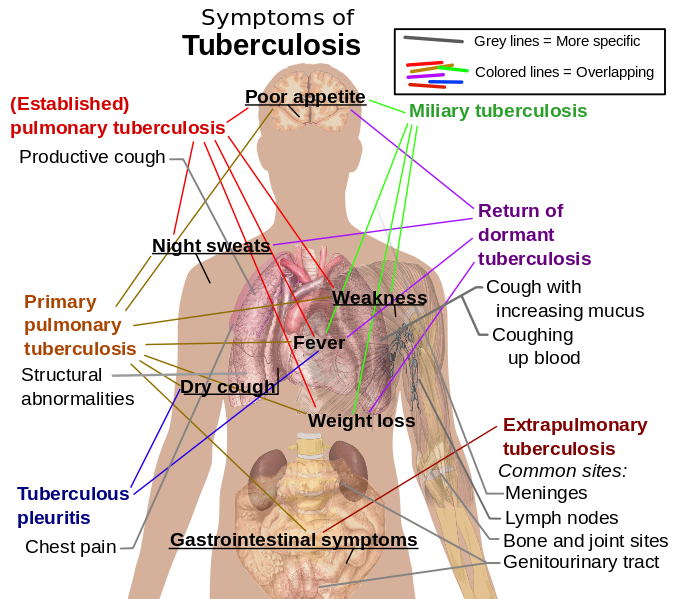The following blog post was written by guest blogger Claire Seigworth. Claire graduated with a B.A. in International Relations and a minor in Spanish Literature from Marquette University. She has traveled to many Latin American countries, studied in Santiago, Chile and worked in Panama for Global Brigades.
Recently scientists in the Netherlands grabbed international headlines after developing lab grown beef. As the population increases and more people can afford to buy meat, more animals will be needed to satiate global demand for meat products. This demand is detrimental to the environment in multiple ways. Animals produce a lot of methane from their waste and use many natural resources and uses resources to operate the farms which raise the animals[1]. Also, large groups of animals damage the soil health, which makes desertification of the world’s grasslands a potential consequence.
Allan Savory, a research biologist, developed planned grazing as a way to prevent desertification and help a rancher’s income. The premise of this type of land management is to mimic the conditions when large grazing animals roamed the plains uninhibited. Ranchers plan when and where the animals graze and the animals pack the soil[2]. With the soil tamped down, Savory theorizes that the soil will retain more rain and reduce runoff.
Planned grazing is not without criticism. There have never been any scientific studies that prove that planned grazing is effective in increasing the amount of grass[3]. Furthermore, in Savory’s own studies cattle required extra feed and lost weight[4]. Lastly, ecologists are highly skeptical that humans can mimic the complexity of nature and many ecologists state that the best way to protect grasslands is to increase vegetation and decrease the amount of cattle.[5]
It appears that there is no way to benefit the environment and eat meat at the current scale. If people are concerned about this problem, it seems that eating less meat or having a day without meat are the best ways to alleviate this concern on a personal level.





